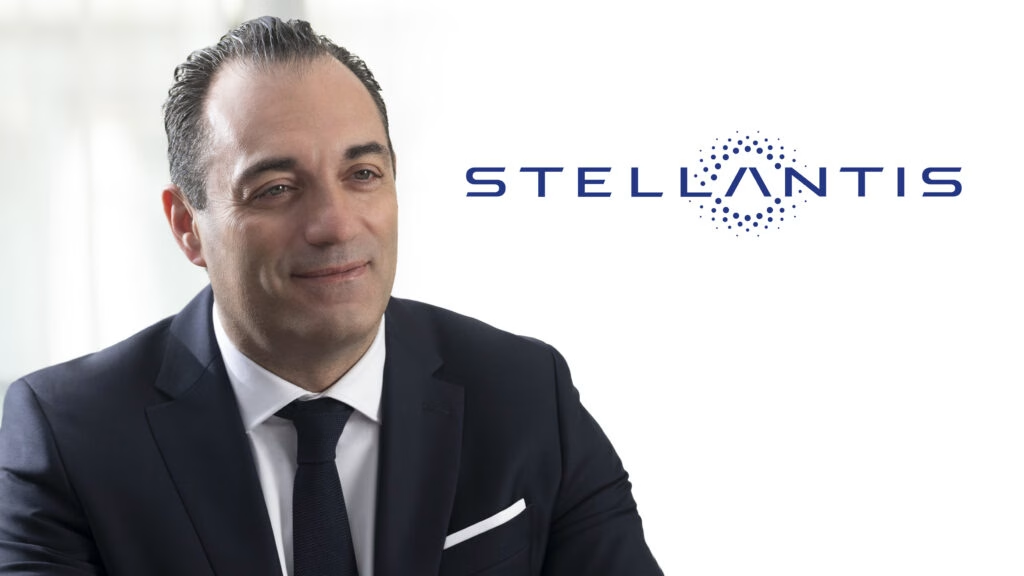Antonio Filosa has officially stepped into the role of CEO at Stellantis, taking over from Carlos Tavares just six months after his resignation. This transition comes at a critical juncture for the automotive giant, which has faced significant challenges in recent times, including a staggering 70% drop in profits in 2024. Filosa, who has a rich history with the company, is now tasked with steering Stellantis back on course.
Filosa’s journey in the automotive industry began in 1999 with Fiat, and over the years, he has climbed the ranks to hold various leadership positions. Most recently, he served as the CEO of Jeep and was responsible for overseeing Stellantis’ operations in North and South America. His experience in these roles has equipped him with a deep understanding of the company’s dynamics and the automotive market at large.
What makes Filosa’s appointment particularly interesting is the context in which it occurs. Stellantis has been grappling with declining sales and profitability, prompting a renewed focus on the U.S. market, which Filosa has identified as a top priority. His hands-on approach and proven track record in boosting sales, especially during his tenure with Jeep, are seen as crucial assets as he takes the helm.
The Board of Directors’ unanimous decision to appoint Filosa reflects their confidence in his leadership abilities. Executive Chairman John Elkann has praised Filosa’s strong leadership qualities, particularly during this unprecedented period of challenge for the company. Filosa’s familiarity with Stellantis’ operations and his commitment to a customer-focused approach are expected to be pivotal in navigating the road ahead.
As Filosa prepares to officially assume his role on June 23, he plans to announce a new leadership team that will help drive Stellantis’ recovery strategy. This team will likely play a vital role in implementing the changes necessary to revitalize the brand and restore its market position.
Filosa’s vision for Stellantis emphasizes the importance of leveraging the company’s immense talent and passion. He recognizes that the success of Stellantis will hinge on its ability to adapt to market demands while maintaining a strong connection with its customers. This customer-centric approach is crucial in an industry that is rapidly evolving, with increasing competition and shifting consumer preferences.
The big takeaway? Filosa’s leadership isn’t about perfection—it’s about making smarter adjustments. By focusing on the strengths of Stellantis and prioritizing customer needs, he aims to turn the tide for the company. As he embarks on this journey, it will be fascinating to see how his strategies unfold and whether they can indeed lead Stellantis back to profitability and growth.

